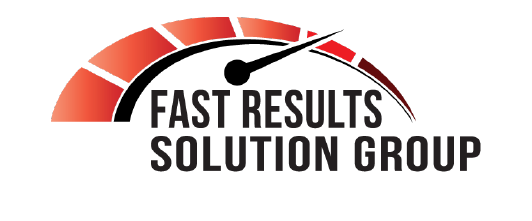Ever wonder what a ChexSystem report looks like? You can see a sample report by visiting the ChexSystems website. You should be taking advantage of your free ChexSystems report very year to make sure there is no incorrect information under your name.
Don’t think ChexSystems has a report on you? You might be surprised. Almost anyone who has ever opened a bank account in the U.S. is likely to have a ChexSystems record. ChexSystems reports only negative information you — or someone pretending to be you — committed in the past five years, and you might not even think about some of the information they collect.
The main things you will find on a ChexSystem report that a bank will be interested in are the following, which are reported by both banks and merchants:
- Involuntary Account Closure. This is when a bank closes an account “for cause” and reports it, usually because of bad checks or fraud.
- Overdrafts and NSF Fees. If you write too many checks and have insufficient funds, you either end up with NSF fees if the check is returned, or overdraft fees if you have overdraft protection – or both. Multiple instances can trigger account closure and / or reporting.
- Unpaid Negative Balances. Even if your bank account had not been reported and / or closed for the act of writing bad checks or causing multiple overdrafts, it may be reported and / or closed if you then do not pay your negative balance back plus overdraft and NSF fees.
- Transfer and ATM Abuse. Multiple transfers from savings to checking that are not included in your bank plan or a history of incorrect deposits in ATMS or withdrawals made at ATMs on empty accounts can trigger account closure and / or reporting.
- Outstanding Unpaid Checks. Checks referred for fraud or to collections can also cause reporting in ChexSystems from merchants who have been unable to collect.
- Suspected Fraud or Identity Theft. If checks show signs of tampering or ID has been called into question, this may cause a report to be filed.
- Multiple check re-orders and / or reported debit or credit card losses. Banks look at this kind of behavior is indicative of potential fraud and will report it.
- Inquiries about Your History. Like inquiries into your credit history, inquiries made by you or a bank to obtain your “scores” will also stay on the record from 90 days to 3-5 years depending on who initiated the query.
- Numerous / Simultaneous Applications for a New Bank Account. This can also be a red flag for fraudulent activity and is seen as report-worthy.
- Requests for Social Security Number Verification or Validation and / or Driver’s License Number Verification or Validation. Multiple requests can imply a fraud issue and can cause a report to be added to your file.
Each banking system will have its own criteria and reporting methods. Some will have a relaxed set of parameters while others will have very strict parameters. Your best bet if you think you might have an issue that could trigger a report is to talk to your bank and try to resolve the problem.
If your report lists “suspected fraud,” ChexSystems won’t say whether you were the victim or the perpetrator. This is why it is so important to act swiftly and decisively and obtain help if you think your identity has been stolen.
Please note that ChexSystems does not report on your credit history, so your report will never be a factor in any loan or credit card application. However, your raw ChexSystems Consumer Score may be, so it should be monitored just like the three big credit reporting agencies. If you have negative information in your report, call CFS.

